In January, The Beat reported the story of the sexual misconduct accusations on Neil Gaiman. It was a difficult topic to report on and one that the team diligently summarized well. A recent report from Variety, likewise, also came out stating that Gaiman is disputing the claim by providing text messages as evidence to the contrary. Ultimately, the update doesn’t fully change the narrative, nor does it absolve what’s been brought to light against him. But this piece isn’t about that. This is about trying to figure out the next step. It’s about coming to terms with the fall from grace of our heroes—one of whom, for me, was Gaiman.
Scarlett Pavlovich, the woman at the center of the story, first shared her accusations in a Tortoise Media podcast, later featured in Vulture magazine. She alleges that Gaiman repeatedly assaulted her, coercing her into sexual acts and unpaid childcare. Several other women also told similar tales of misconduct to Tortoise and Vulture, as fans struggled to make sense of the allegations. One such report, came from NPR constructed a compelling analysis of the challenge of separating the artist from their work. We often say we should make that distinction—but do we truly? It’s a complicated question. Especially when one person has impacted your life for so many years like Neil had with mine.
As mentioned in last week’s post, I idolized the man for 15 years. Neil Gaiman championed writers and stories. Advocated for the power of words to inspire hope and change. He was a vocal supporter of the WGA and had spread the word of the humanitarian work for UNHCR, trying to make a difference for a good cause. But on the other hand, he was also a mess in regard to his personal life. Someone who abused his power over others and caused significant trauma to the victims he’d hurt.
Some claim revisionist history as a means to get over it, underplaying his body of work or claiming that they never liked his work to begin with. Others are eager to distance themselves—getting rid of his books, letting go of the creator they once idolized. I myself am still processing, as I can no longer see Gaiman as the person I once admired. His work feels different now. In truth, something has ended, something inside of me has died, and I suspect, many of his former fans are feeling the same way.
As for my history, I’d written about Neil extensively over the past decade on random blog posts about how grateful I once was as a fan. I studied his scripts and writing styles. Knew his proclivity for Tolkienesque narratives and was inspired by his natural affinity for the Monomyth, which was a big reason I even used that name as my company, and in turn, so much of what I do as a writer.
As mentioned in an earlier post, as a young adult, I abandoned my aspirations for a career in psychology, largely because of Gaiman’s influence in getting me to believe in the power of stories. I became obsessed, devouring all of Gaiman’s works, even watching Neverwhere, and later American Gods, when it aired. I was a super fan in every sense of the word—buying every book and reading every story. He had a charm that made you believe in the magic of writing; something which stays with me.
I’d even seen Neil several times over the years from a distance. Looking back and tracing the timeline, these memories feel different now. The admiration I once held has been replaced by feelings of unease and betrayal. Especially once the full timeline is put into view.
I first saw Neil in person in a talk alongside Lev Grossman in 2011. It was at 92Y, in the Kaufmann Concert Hall, and I had just graduated from college. Hearing him speak in person—his oratory style, his cadence, and his way with words—was a huge part of the charm that captivated so many, myself included. Despite being there, I refused to get a signed copy of his latest book, determined to only to meet Neil face-to-face once I had officially made it as a writer. It was a moment I envisioned for myself. My ambition. My dreams of hopefully one day, being recognized by your greatest hero.
Little did I know, one year later in 2012, what would happen to someone else my age (22) who’d shared similar sentiments. Katherine Kendall, another victim, was also a fan and someone who’d spent time with Gaiman in person. Reports say that their relationship started as “flirtatious, non-sexual calls at first,” but then would later escalate to a coercive encounter on the back of a tour bus. The testimony says that Gaiman forcibly kissed Kendall while pinning her down, despite her clear reluctance. According to the report, after a failed sexual advancement, Gaiman allegedly pulled away and said, “I’m a very wealthy man, and I’m used to getting what I want.”
Hearing experiences like these, that once added to your personal timeline of your own personal fandom, taints all images you once had of the man. As for Gaiman’s troubled relational history, he’s stated in defense that these were all out-of-context slices of the truth. But why there were so many complaints, and what power dynamics were in play, makes you question everything you’d thought you knew as a fan.
In 2015, I was at a small synagogue in Brooklyn, an event called Brooklyn By The Book hosted an evening interview between Neil Gaiman with Junot Díaz; hell, even Marjorie Liu was there. They discussed Sandman Overture, a prelude and conclusion to the comic that inspired everything I do today. As we waited in the crowded pews, surrounded by a sea of fans, the audience was met with an unexpected moment: Amanda Palmer appeared, carrying their son, Ash. She asked to us eventually partake in a surprise serenade, encouraging the crowd to wish Neil a happy birthday. Seeing them together as a family filled me with joy. A reminder that perhaps some celebrities really were genuinely good people.
One of my fondest memories was being in that room that day. Yet now, in light of recent events, it just haunts me. A few years later, Caroline Wallner came forward, claiming that Neil had tried to initiate sexual advances—while his son Ash was apparently in the room at the time. According to reports, Gaiman allegedly assaulted her in December 2018 and then blackmailed her into a two-year relationship. Hearing these details troubled me deeply, and I couldn’t help but question: How could this be the same person, the same family I had seen just a few years ago? What had changed in such a short amount of time?
Only two months before that incident, at October’s NYCC 2018, I celebrated in a fully packed Good Omens panel as one of my first assignments as a journalist. Sitting in an oversized hall in Madison Square Garden, with cheering fans as Queen songs blasted across the air. The cast of Good Omens, along with Neil Gaiman himself, stepped into the room in what was a concert-level celebration full with nothing but positive vibes and accolades and fans. I once adored that memory as an ultimate celebration with fans. But again, the timeline of events makes it all feel awful now, though I do try and take solace that as the purpose of doing the show was really, to fulfill Terry Pratchett’s dying wish. The project being as equally significant to his legacy too.
Then, at NYCC 2022, I was among the first reporters to share rumors of Neil Gaiman’s surprise appearance on Thursday. An Audible-sponsored Sandman pop-up was underway, and word spread that he would be there to receive a Hall of Fame Hugo Award. I was right—not only did Gaiman show up, but a camera crew documented his every move. At the time, I thought it was incredible. But yet again, in light of recent events, I can’t ignore that 2022 was also the year the events Scarlett Pavlovich recounted had taken place. The same year we were celebrating the man. Completely different experience of that year in a new context.
Some of the worst allegations match the timeline of all of my best experiences with Neil Gaiman which has tainted my perception of who I thought was the person I adored. I know I’m not the only person going through this alone, and I speak to others when it comes to the takeaway of this piece: that both events can be true. You can have a moment in time that means something so much to you as a fan, just as horrible things happening can be co-occurring behind the scenes. Celebrities are human too after all. How we live with it is we acknowledge the very real accusations and decide is this worth our money or time. Really ask ourselves is Gaiman someone worth giving any more of my remaining days of my life?
Perhaps the story that hurts the most for me… is my most personal one.
In 2019, my father died as I held him in my arms. He was calling out in his sleep during an episode of night terrors, and while I was checking up on him, he had a full-blown heart attack when he gasped his last breath and his heart stopped. Given my training of years as a volunteer EMT and in the healthcare field, I called 911 (which is why, I made my post from two weeks ago) and performed CPR, long enough for EMS to arrive and use the defibrillator which was able to restart his heart. We rushed to the hospital soon after.
Those moments, and really the first few days in what became a two-week stay, were terrifying, making every decision for my family and not knowing whether my dad would live or die. But while my dad was recovering and going through all the tests in the hospital for the following weeks, I took Neil’s Masterclass as a means of centering myself and working on stories. Everyone saw how stressed out I was in looking after my family and getting our affairs in order, as my mother was halfway across the world at the time, and my sister, needed to look after her baby.
Much like anybody going through the worst of times, I leaned on quick comforts when I could, and hearing Neil Gaiman’s voice in the hospital waiting rooms gave me clarity—that my dream of being a writer mattered. That stories mattered. And, by proxy, that I mattered, as up until those events, my father had never fully endorsed my writing as a career path.
When my dad thankfully regained conscious again after the initial heart attack, we finally had the talk that every son needs to have with their father. The ones where all the truths come out to light and the things that needed to be said finally happened. My dad emphasized that he just wanted me to find stability and really pursue what I wanted out of life. And then, amidst that Neil Gaiman masterclass, I finally told him my reasons why I think stories matter: that I think I can make the world can be a better place through stories. That despite all of life’s terrors and horrible atrocities, kindness and togetherness mattered the most. The stories that we share are the most important.
Inevitably, my dad, who came back from the brink of death, decided now was the time to share his own story. It was a secret I’d never known about in all our time, and I won’t get into too many details, but my father, like many eventual Filipino-Americans of that era, was a survivor of a deadly political regime. Like many Filipinos at that time, a big reason he had to flee the country were the dangers of being abducted – and like some of his friends, killed – for speaking out against a corrupt government. I sympathized with my dad as it fully dawned on me that in some ways, the rift between us was caused by a survivalist mentality that was never really acknowledged until now. It was only then that he finally embraced my ambitions of being a writer in understanding the need for stories to be told, including his, which I plan on talking about more openly one day.
If it wasn’t for my insistence on doing writing as a career, and really that Masterclass by Gaiman giving me the courage to fully embrace it, I’m not sure my dad and I would have ever had that conversation. After a lifetime of feeling like a disappointment, being a Gaiman fan weirdly gave me the courage to be honest with my father and created a newfound openness with each other. We’ve had a great relationship ever since.
My father’s cardiac rehabilitation and making sure our family affairs were together consumed my entire 2019. I was so busy that year, that the only real solace I’d been able to do for myself, was going to see Neil Gaiman do a talk at Rutgers. The event was, coincidentally, the day after the Good Omens debut party on Prime, which Neil attended. While there, someone in front of me in the audience asked a question which Neil couldn’t hear, so I figured: why not message him what the girl had asked directly.
This led to my first and only real exchange with Gaiman on Twitter, where I asked him, rather ironically looking back: “How do you balance work and family?” I asked this because I was delaying my writing career at the moment in lieu of taking care of my dad while he was in cardiac rehab. The only response Neil said:“As best you can is the only answer I have.”
That exchange meant a lot to me despite that question feeling incredibly loaded now given the accusations that have since came to light. But I’m sharing this story with you because, yes, I’m utterly devastated by the events that have taken place too. I also can’t deny that these stories, and that fandom, were core to my own growth and development as an adult. I have to acknowledge what they meant to me before. I have to understand how it helped me become who I am now.
I’ve spent most of my adult life wanting to be the next Neil Gaiman. I’ve learned, it’s better to just be the best version of myself. Because despite my idolization, I’m the one writing these articles. I’m the one who engaged with those stories. Despite my genuine writing style being influenced by Gaiman’s, I have since then developed my voice, cadence, and techniques. Monomythic is here because of one man’s influence in my life and the path it led me on with stories. The years I’d spent studying Neil’s styles, and the impact he had on me, will always be a part of who I am. Those lessons I learned from taking this path aren’t lost on me. But in light of the allegations, my relationship with the writer I admired most has changed.
“Everything changes, but nothing is ever truly lost.”
That line from The Sandman‘s final arc in “The Wake” resonates deeply within me. In the end, I don’t hate Neil Gaiman, though I can completely understand how so many people can and feel betrayed. The man’s work impacted so many people, I can acknowledge that, just as I acknowledge his own troubling history with abuse. But what I do with all of this now, my fandom, my money, and my time… that ends here with me making a choice: to appreciate the past but learn to let go of the things I once loved. Because like many of you, I find myself asking: How do I move on after losing my biggest inspiration. The answer is complicated and different for each person, but what’s working for me is: you change. You discover new artists, new writers, and new voices. Then put stuff out there encouraging the ones you’d like to see.
If the stories mattered to you, if it had helped you, or made you emotionally connect in some way, you can keep the memories without supporting the actions of the man. The books are still there and it’s up to you to decide what to do with them, there’s no right or wrong way of how to move on, you just have to learn why this really mattered to you as I shared with you why it mattered to me. The point of storytelling is to make a connection with the human experience. So if you’re reading this, then you as a person are still here alive and living, changing, and doing your best to keep on. The best way to move on from our longstanding relationship with our idols? It’s learning to love ourselves and become our own heroes through our own actions.
Whatever that shape may mean.
Next Week:
What is the Monomyth? A breakdown of stories and structure.














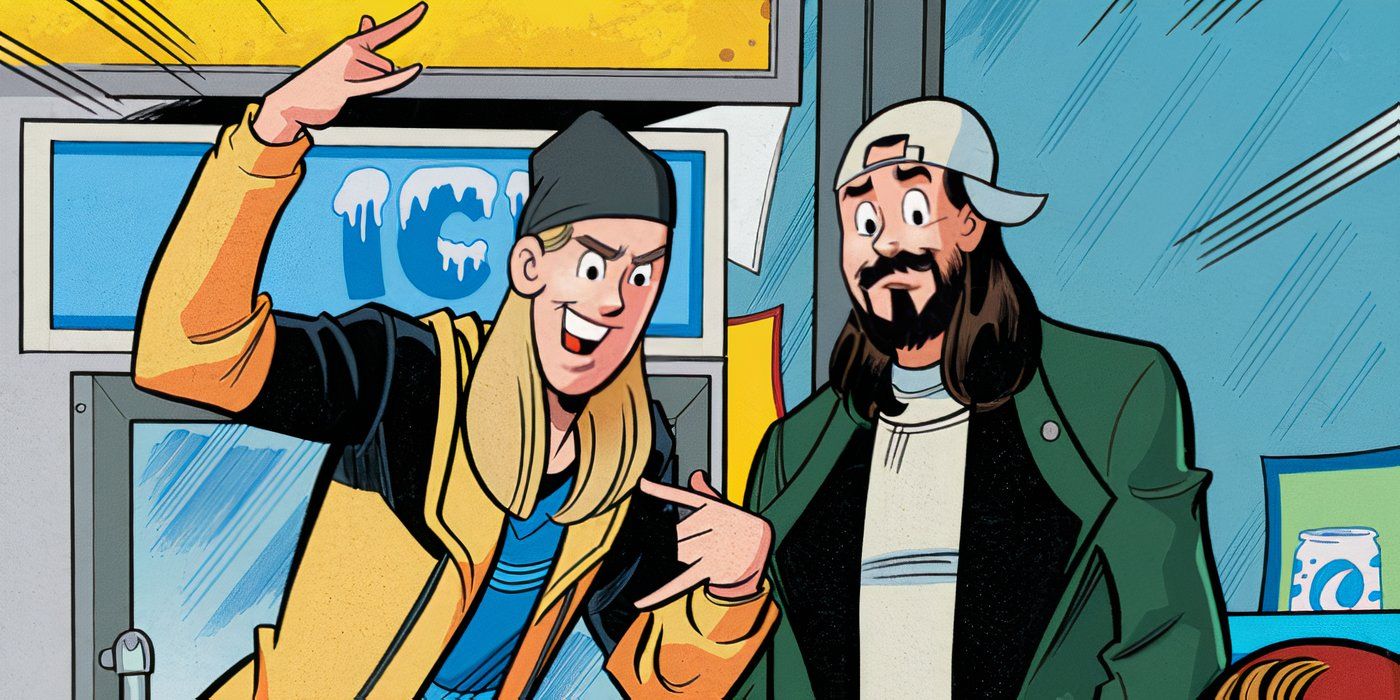
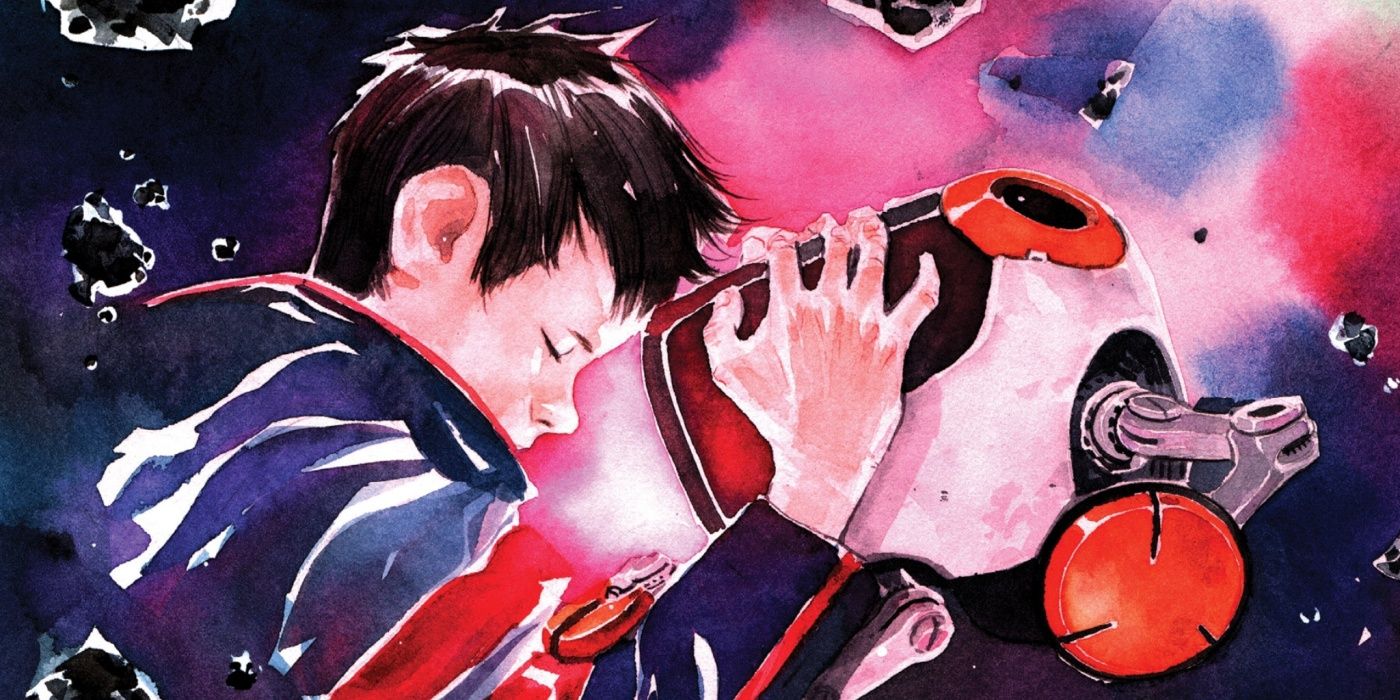
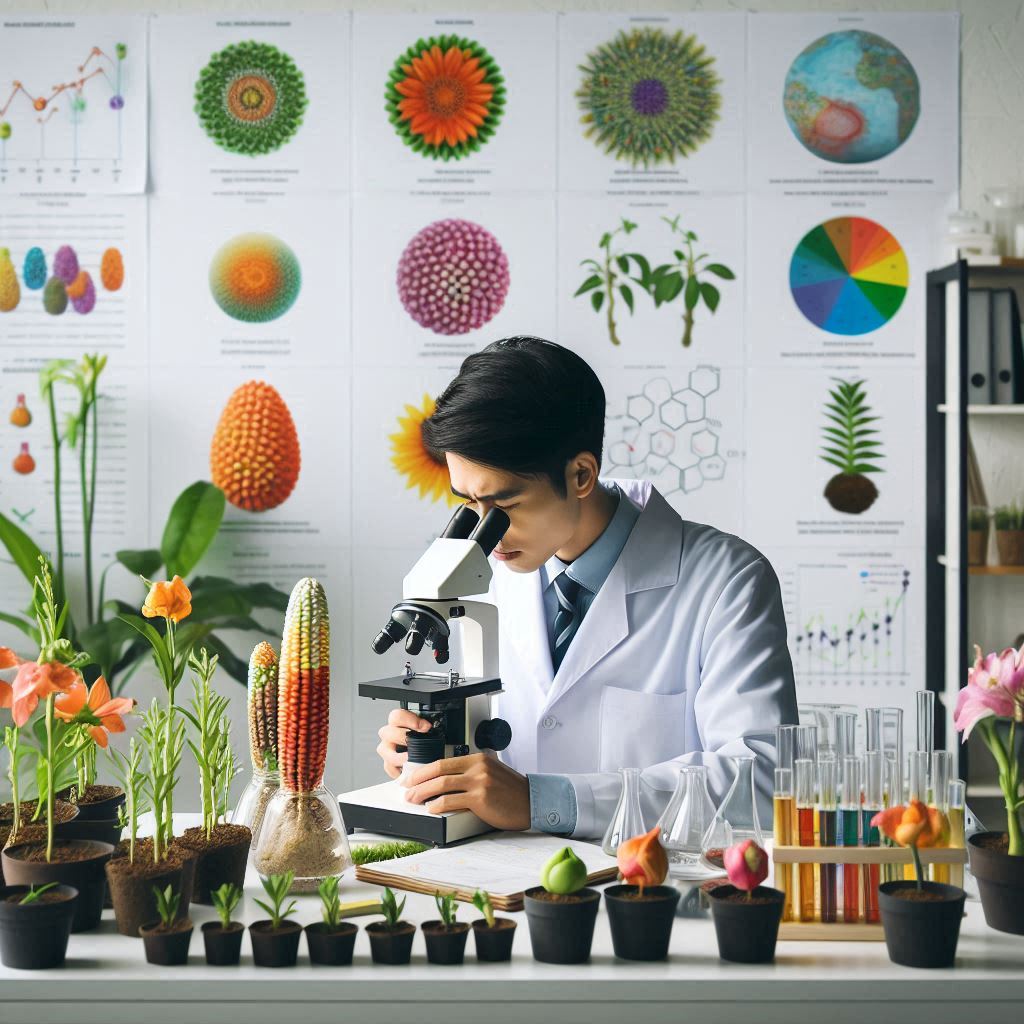
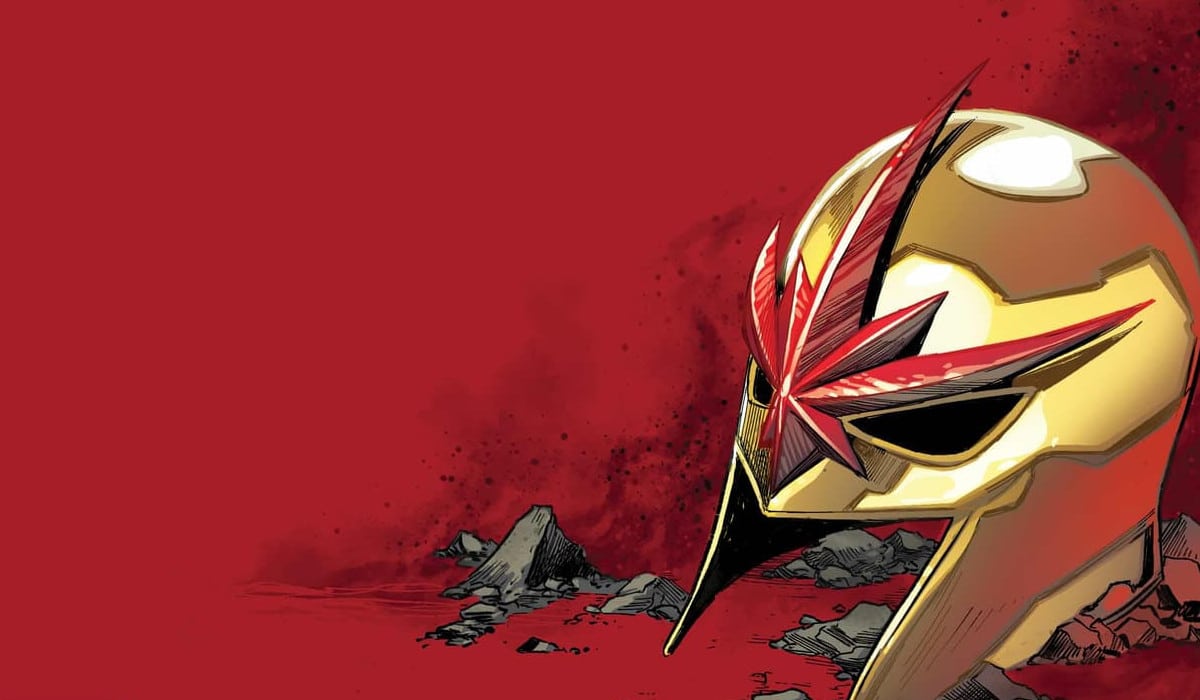

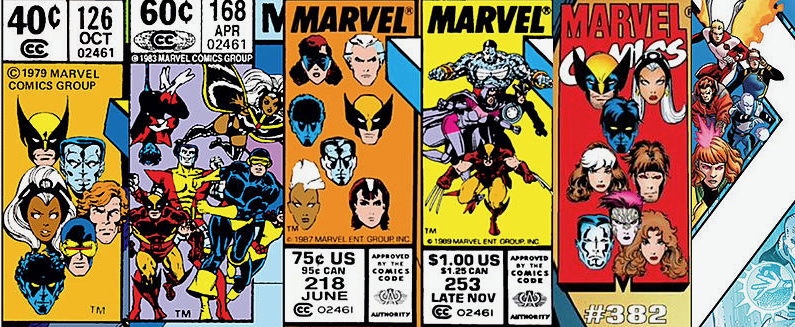

 English (US) ·
English (US) ·